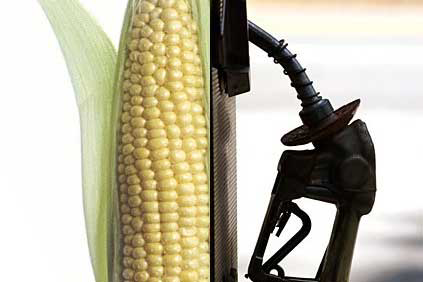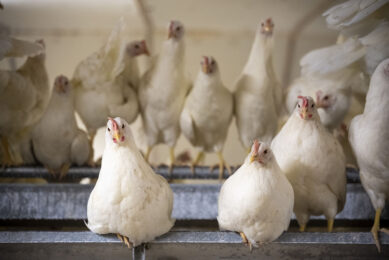US Congress hears arguments for/against repeal of RFS mandate

This week the US subcommittee on Energy and Power held a two-day congressional hearing to discuss the issues surrounding the current Renewable Fuel Standard (RFS) mandate.
The RFS, a 2005 provision of the Energy Policy Act, sets targets and timetables for certain biofuels to be added to the nation’s transportation fuel supply. It was expanded under the Energy Independence and Security Act two years later, setting requirements that 16.55 billion gallons (62.65 billion litres) of biofuels be produced in 2013 and 36 billion (136.27 litres) by 2022.
Testimony was heard from three panels of witnesses representing fuel users, developers, and representatives from the agricultural and environmental communities. Many topics were discussed including RFS’s potential effect on fuel and food prices, blend wall and compatibility issues, and impacts on the nation’s agricultural sector and the environment
One witness was Chris Hurt, Purdue University agricultural economist. In his testimony he said:
“Higher farm incomes on crop farms benefited rural communities as that higher income spread through local purchases of farm and consumer goods and services. In addition, expansion of the ethanol industry in rural communities added some employment and related economic activity.
While a “golden era” was underway for crop farmers, the opposite tended to be true for the animals sector. Higher crop prices meant higher feed costs for animal producers.
Bankruptcies and reduced production has meant large financial losses for the sector and reduced employment and local economic activity in the sector. In 2005 the animal sector of US agriculture represented 53% of farm receipts and crops were 47%, by 2012, animals had fallen to 44% of receipts and crops moved up to 56%. Food consumers were also negatively impacted. They had less product available and had to pay higher prices.
William P Roenigk, Senior Vice President of the National Chicken Council, was another witness, he said:
“Since October 2006 through this month, July 2013, poultry and egg producers have had to bear the burden of higher feed costs totalling over $50 billion. The $50 billion higher feed costs is not the total feed bill, but rather the increase over feed costs if corn and soybean meal prices had remained somewhat steady at the pre-2006 levels.”
The National Chicken Council looks forward to working with the Subcommittee and others in Congress to repeal this very broken and irreparable legislation.”
Chairman Whitfield said “The end goal of this process is an RFS that works as best as possible for everyone.”
Join 26,000+ subscribers
Subscribe to our newsletter to stay updated about all the need-to-know content in the feed sector, three times a week. Beheer
Beheer









 WP Admin
WP Admin  Bewerk bericht
Bewerk bericht